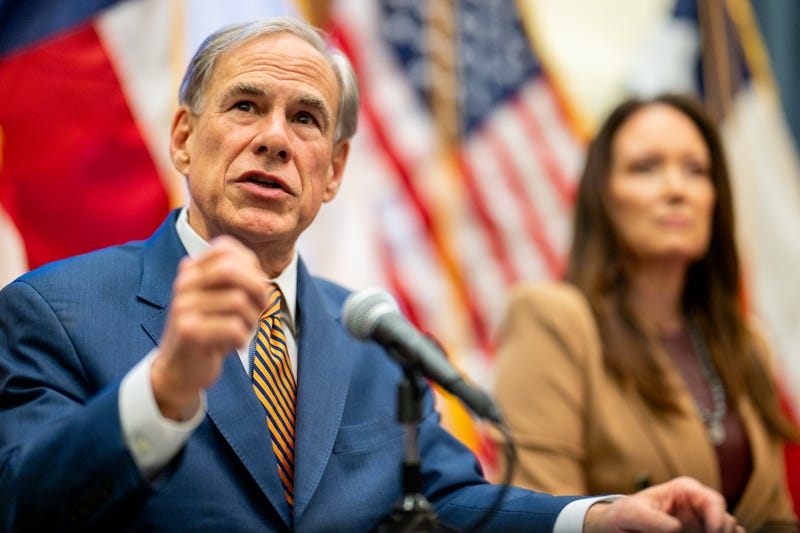
Texas’ 89th Legislature passed more than 800 measures that kicked in on Sept. 1, reshaping classrooms, crime laws, health rules, housing, and even what can be sold at the grocery store.
Below are the biggest changes Texans will feel first, plus where key rules are already facing legal challenges.
Schools and students
Ten Commandments displays: Public schools must display donated Ten Commandments posters in classrooms. A federal judge temporarily blocked enforcement in 11 districts (including Houston, Austin and Plano), but Attorney General Ken Paxton says other districts must comply unless they’re covered by the order. Expect more court action.
Optional daily prayer/Bible-reading period: Districts may adopt a voluntary daily period for prayer or reading religious texts with signed consent; PA system prayers are barred and non-participants cannot be exposed.
Student clubs and library rules: A new K-12 law bans student organizations based on sexual orientation or gender identity and expands parental oversight of records; a separate law increases school-board control of library materials. Educator protections for using “harmful to minors” material are narrowed.
Big K-12 funding and vouchers: Lawmakers set aside new public-school funding and created an Education Savings Account (voucher) program to launch in the 2026-27 school year.
Health and consumer changes
Medical marijuana expansion: House Bill 46 greatly expands the Texas Compassionate Use Program — adding chronic pain, traumatic brain injury and Crohn’s disease as qualifying conditions; allowing non-smoked inhalation (vapes/aerosols); and scaling up dispensaries and satellite sites.
THC and youth-targeted vape crackdown: A separate law bans sales and ads for e-cigs containing THC or certain other substances and restricts products designed to appeal to kids or disguised as school supplies; it also broadens the definition to non-nicotine vapes and bans some foreign-made devices.
Delayed release of sensitive test results: Hospitals can delay posting certain electronic test results for up to three days so doctors can brief patients first.
Crime, safety and tech
AI-generated child sexual abuse material: Texas now criminalizes possession, promotion and production of obscene visual material that appears to depict a child — including AI-generated or computer-created images.
Protecting utility workers: Assaulting utility workers on duty is elevated to a third-degree felony; harassment becomes a Class A misdemeanor.
Peer mental-health support for first responders: A new statewide network for firefighters and EMS goes live under HB 35; the program infrastructure is being built out in the months ahead.
Property, land and housing
Foreign land purchases: Individuals, companies and government-linked entities tied to China, Iran, North Korea and Russia face new restrictions on buying most Texas real estate, with narrow exceptions for a primary residence; litigation is pending.
More homes on smaller lots: Cities must allow certain single-family homes on lots as small as 3,000 square feet in qualifying new subdivisions to boost housing supply and affordability.
Food, industry and entertainment
Two-year ban on lab-grown meat sales: Texas becomes the seventh state to prohibit sales of cultivated meat through Sept. 2027 while labeling rules are developed and courts weigh challenges elsewhere.
$1.5 billion for film and TV: The state guarantees $300 million every two years through 2035 to attract productions, with rebates up to 31% of in-state spending.
Water, infrastructure and what’s next
Water projects: A new framework steers funding and oversight for Texas Water Fund projects, with some provisions contingent on voter approval of a constitutional amendment this November.
Why this matters
Texans will see immediate effects in schools (religion-related rules, library oversight), health access (broader medical-cannabis eligibility), consumer products (tighter vape rules), property ownership (foreign buyer limits), and what’s on store shelves (no cultivated meat). Some of the most controversial measures - especially involving religion in schools - are already in court, so compliance may vary by district while lawsuits proceed.
